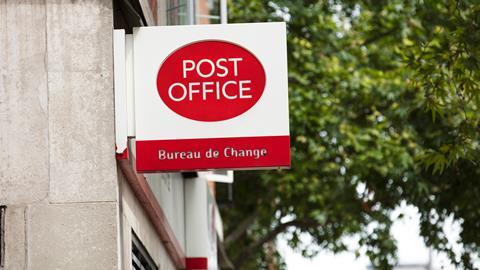Lawyers for the Post Office arranged a secret meeting with a judge to prevent disclosure to defence solicitors in a criminal trial, the Post Office Inquiry heard yesterday. Solicitor Martin Smith and his barrister colleague Simon Clarke met the judge at Birmingham Crown Court in 2013 on the eve of a trial of a sub-postmaster accused of theft.
Around the same time, the interim report by forensic accountants Second Sight had revealed potential problems with the Horizon system which had been the basis for previous prosecutions.
The prosecuting lawyers applied for public interest immunity on the report, successfully persuading the judge that the defence solicitors should not be made aware of it.
Giving evidence to the inquiry, Smith accepted he was the instructing solicitor on the case but stressed he was only present at the meeting to take notes and he could not remember any details of what was said to the judge.
The inquiry heard of several issues with disclosure as the Post Office and its representatives approached the mediation scheme and potential reviews of past convictions.
In the case of north Wales sub-postmaster Noel Thomas, who had been jailed in 2006 for false accounting, Smith suggested that an investigation report from the time should not be disclosed to him when it was reviewed in 2014. If it was to be disclosed, the inquiry heard, it should be heavily redacted – and Smith himself had written that Thomas should not be shown a Post Office note from 2005 which noted that operator Fujitsu was testing the reliability of Horizon.
‘Such a [note] may well invite a request for disclosure of the test results,’ Smith had emailed a colleague. ‘There may also be a risk that [Thomas] will suggest the investigation was inadequate or incomplete.’
On another occasion, Smith and Bond Dickinson’s Andy Parsons discussed whether disclosure might give a ‘ticket to the Court of Appeal’ to Seema Misra, who had been wrongly convicted in 2010 while she was pregnant with her second child.
Smith admitted that he had not complied with his duties as a prosecuting solicitor to ensure that the Post Office expert witness was aware of his obligations. He accepted he did not have the ‘requisite skill and expertise’ for the role he was in and did not know why Cartwright King had been given the task of handling Post Office prosecutions.
‘Quite why Cartwright King thought it was appropriate to take on this prosecution with hindsight I have no idea, because we certainly didn’t have the training for it,’ he said.
‘I was simply not aware of the duties on a prosecutor to make sure an expert witness was fully aware of their duties.’
He added that the approach to expert witnesses was ‘undoubtedly not compliant.’
The inquiry continues.































